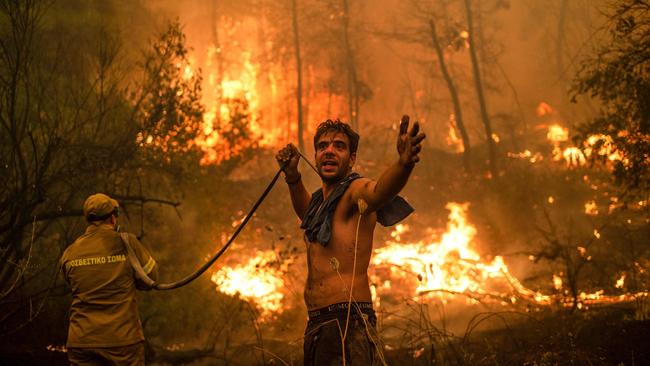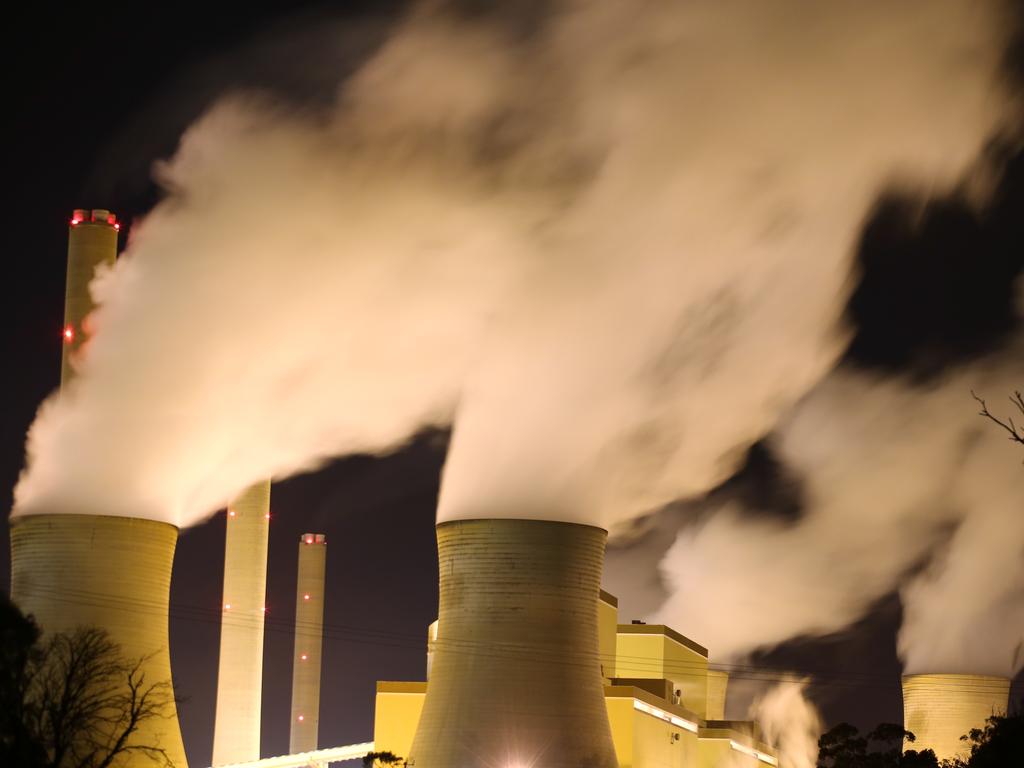Global warming presents a clear economic choice

The IPCC’s latest report is another wake-up call for all of us, especially business and government, in the countdown to COP26.
The world is running out of time and the Paris goals are at risk, according to the latest assessment of the IPCC.
The report draws some confronting conclusions for Australia but gives an insight into the solution at the same time.
First, much of the warming of the planet is human-induced. Which means we control stopping it.
Second, the planet has already warmed about 1.1C over pre-industrial levels and exceeding a 1.5C limit is likely. This means we know what we are working towards avoiding.
Third, this trajectory to 1.5C will now take place over the next 20 years – a full decade earlier than previously expected. That tells us that timing our effort is critical.
Fourth, ocean acidification and sea level rises are pretty much locked in because of current warming – bad news for a coastal loving population such as Australia. Good news for confirming the need to implement adaption policy from today.
These insights from the 3949 page IPCC report tell us the window for action is closing and the time to accelerate to zero is clearly now.
The cost of not acting now? Deloitte Access Economics modelling put the answer at a loss of around $3.4 trillion in economic growth by 2070 – in the lifetime of generations today – where we hit, and exceed, that 1.5C warming limit.
The dividend of getting it right? The benefits to Australia of rapidly acting with the world to reach the 1.5C goal is a gain to Australia of around $680bn, rather than a multi-trillion-dollar loss.
This is a clear-cut economic choice, beyond the science.
It’s a choice business has already been making as to the risks and opportunities of action.
Worldwide, there are now more than 1600 legal cases against governments and corporations on climate change.
It’s shaping up as the new asbestos of our times.
Corporate governance on climate change is a new necessity for our companies, while the investment for transition is looming large. The states and territories – at the frontline of communities and the economy – have all recognised the risk and been acting across the political divide. The Australian government has focused on a technological solution to climate change, though it is hard to imagine how price incentives, regulations and fundamental economic reforms don’t have a place in optimal policy design and implementation.
Our regulators, from ASIC to APRA and the RBA, have all moved to consider the economics and commercial realities that climate change now poses to our economy.
Because this goes to the heart of our economic system, the task is a fundamental transformation of our system of production and consumption.
This will require an investment of herculean proportions.
The first task is to drive investment into the right areas – less emissions-intensive systems of production and behavioural changes around consumption. This will require significant reforms such as those proposed by Kerry Schott and the Energy Security Board in their recommendations for the transformation of our energy system.
The second task is to ensure that as this system transformation takes place, it is co-ordinated – without major disruptions or dislocations in the economy.
One idea the Australian government could consider which could address both tasks is to establish a Green bank for Australia based on the great work of the Clean Energy Finance Corporation.
An Australian Green Bank could operate at arm’s length from government and seed great transformations and innovations across the economy, purchase toxic assets to drive certainty of their phase-out and reduce uncertainty for workers, and incentivise investment by the private sector in the transformations of their value-chains.
Why would we do this? Because without this investment, the inevitable and necessary transition of our economy will be disorderly and untimely – dragging on economic growth, efficiency, employment, and income in the meantime.
On the positive side, such an idea would drive new business formation – the lifeblood of a good market economy – resulting in the economic outlook everyone talks about, but we’re yet to deliver on.
Let’s not spend time nitpicking through the IPCC report to look up and still be facing a planet with warming and loss. Let’s make a clear choice to get on with fixing it and invest in a new economic future.
Dr Pradeep Philip is head of Deloitte Access Economics and Claire Ibrahim is director at Deloitte Access Economics.







The deadly summer of bushfires in Australia last year, the extreme weather events in Europe, North America and Asia in recent times are no fluke and they are set to grow in frequency and intensity.